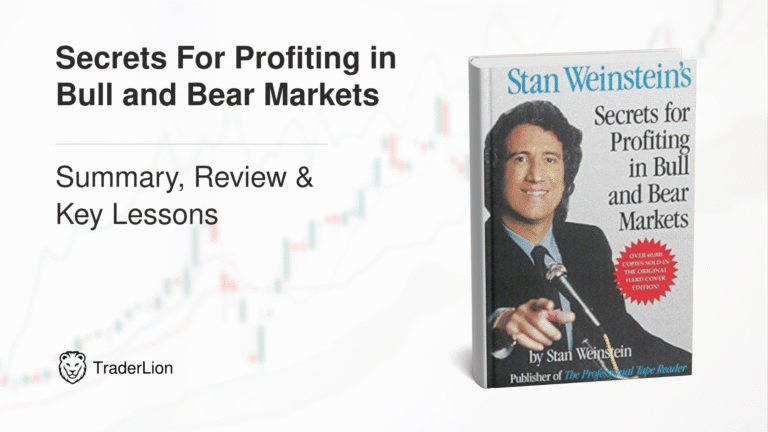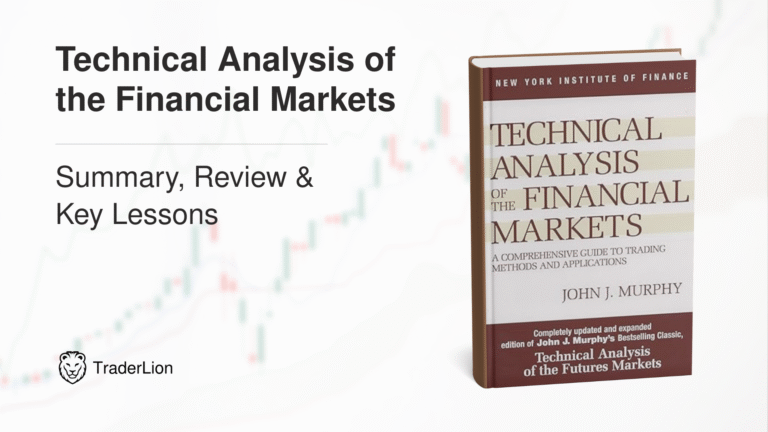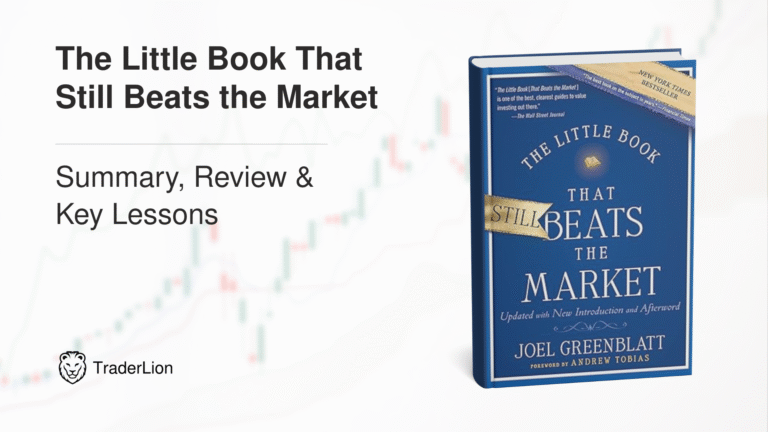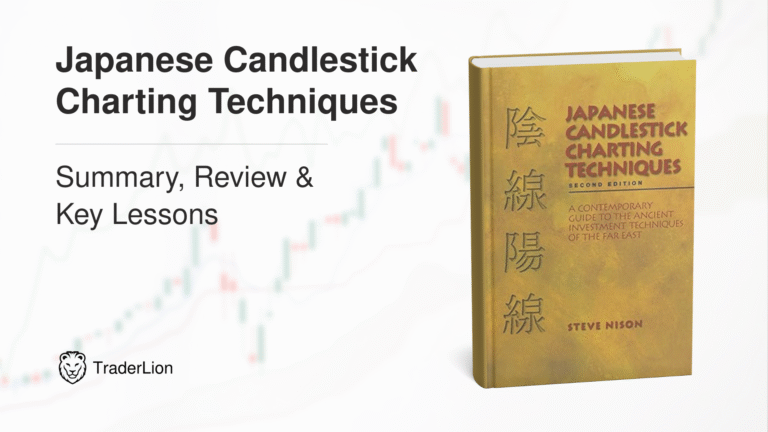Traders don’t just lose money because of bad setups or market timing. They lose because they misunderstand themselves. Overtrading, position sizing errors, and emotional exits rarely stem from poor chart reading—they stem from poor psychological control. That’s what makes The Psychology of Money worth a close read. This book doesn’t teach technical patterns or risk models. It teaches how and why people make decisions with money, often against their own interests.
Morgan Housel brings clarity to the irrational behaviors that traders repeat. It’s not about tips or market predictions. It’s about recognizing the hidden beliefs, biases, and stories we tell ourselves about money—how those mental narratives get built, and how they quietly wreck our financial outcomes. For active traders who think edge is only about signals or setups, this book is a sharp reality check.
Quick Facts About The Psychology of Money
Who Is Morgan Housel and Why Listen?
Morgan Housel isn’t a portfolio manager or a high-frequency trader. He’s a finance writer who spent years at The Motley Fool and The Wall Street Journal, known for breaking down complex financial ideas into relatable stories. His real-world credibility comes from a deep understanding of investor behavior, backed by a decade of writing through financial crises and bubbles. He doesn’t trade on theory. He observes how real people actually behave—with real money, under real stress.
What sets Housel apart is his insight into how behavior affects results. He’s not pushing a model or a method. He’s explaining why two investors with the same IQ and information can have wildly different outcomes. That’s the missing layer in most trader education. His book distills hard truths about emotion, perception, and survival in markets—truths that every trader needs to internalize.
Never miss a post.
Sign up to get instant notifications when we publish a new post.
What is The Psychology of Money About?
This book is a collection of 20 stand-alone chapters. Each explores a key principle in financial psychology. It opens by showing how people’s views on money are shaped by their unique life experiences, not logic.
Housel explains why behavior often matters more than knowledge. It’s not what you know—it’s what you do under pressure. He walks through mental traps like overconfidence, luck bias, loss aversion, and why saving is more about control than compounding.
There’s no step-by-step roadmap. Just honest analysis of how and why people handle money in irrational ways.
The Psychology of Money Chapters at a Glance
Why The Psychology of Money is a Must-Read
The book’s biggest strength is clarity. It explains hard truths about money in plain language. There’s no academic tone or market jargon. That makes the ideas stick. Traders don’t need more data—they need better self-awareness. Housel delivers it by stripping away myths we believe about money, success, and failure.
One key idea: financial success is not about being right most of the time. It’s about surviving long enough to let compounding work. That idea applies directly to traders. It’s not about daily wins. It’s about avoiding blow-ups. This mental shift alone is worth the read.
Second, the book reframes saving and spending in a way that traders rarely hear. It presents wealth not as what’s visible, but what’s hidden—what you don’t spend. That aligns closely with capital preservation, a pillar in trading. When traders understand that saving is about freedom and future flexibility, it sharpens their ability to manage risk.
Top Lessons to Apply to Your Trading
1. Survival is Success
Most traders obsess over returns. Few think about staying power. This book argues clearly: avoiding ruin matters more than maximizing gains. In trading, staying solvent matters more than being right. You can be wrong half the time and still win—if your losses are small.
2. Compounding Needs Time, Not Genius
The best results often come from long-term exposure, not brilliance. Traders jump in and out, chasing setups, but ignore the power of sustained discipline. A system that works 55% of the time only shows its edge when applied consistently. Interrupt that consistency, and compounding breaks.
3. You’re Not Playing Their Game
This lesson hits hard. Traders often copy other traders without knowing their context—capital, risk appetite, time frame. Housel reminds us: others are playing a different game. Know yours. This helps avoid FOMO and overtrading. Don’t mimic what you don’t understand.
4. Save for No Reason
Traders often keep cash only for setups. But this book reframes saving as optionality. Dry powder buys freedom—not just assets. Holding cash is underrated. It lets you stay calm, act fast, and pounce on opportunity. That’s edge.
Common Mistakes The Psychology of Money Helps You Avoid
1. Mistaking Risk for Skill
Many traders confuse good outcomes with smart decisions. Housel calls this out directly: luck and risk often explain more than skill. Recognizing this keeps traders humble and focused on process, not outcome.
2. Chasing Status Over Safety
Buying flashy tools, joining signal groups, and over-leveraging are all driven by ego. Housel explains how status-seeking behavior ruins financial outcomes. The lesson: focus on staying power, not appearance.
3. Over-Optimizing Strategies
Traders often search for the “perfect” system. Housel argues that reasonable beats rational. The best system is one you can follow. Not the one that looks best in backtests.
Best Quotes from The Psychology of Money
“Spending money to show people how much money you have is the fastest way to have less money.”
This hits home for traders flaunting profits online. Vanity spending kills long-term capital. The market doesn’t care how confident you look.
“You can be wrong half the time and still make a fortune.”
Traders need this tattooed. The key isn’t being right—it’s cutting losses and letting winners run. Housel reinforces this truth throughout the book.
“Wealth is what you don’t see.”
Flashy trades, big wins, and P&L screenshots aren’t wealth. Capital sitting quietly in your account—that’s wealth.
“The ability to do what you want, when you want, for as long as you want, has enormous value.”
In trading, that’s cash on the sidelines and emotional calm. Freedom is underrated.
Who Should Read The Psychology of Money
This book is for traders who know the technicals but still choke under pressure. If your entries are solid but your exits are a mess, read this. If you struggle with holding winners or cutting losers, read this. It won’t give you a setup, but it will help you understand why you ignore your own setups.
It’s not for those looking for market forecasts, asset allocation models, or trading strategies. There are no charts, no macro analysis, and no position sizing tips. If you’re purely looking for tactical edge, this isn’t your read.
But if you’ve been around long enough to know that self-sabotage is real, and you’re ready to look in the mirror, this book delivers. It gives language and structure to the emotions that sabotage even the best setups.
Final Thoughts on The Psychology of Money
Traders don’t blow up because they lack a good entry. They blow up because they ignore their own rules. The Psychology of Money addresses the real reason traders fail: behavior. This book teaches mental models to approach money with clarity, humility, and intent.
A key takeaway: survival isn’t sexy, but it’s everything. This is a book every serious trader should read once a year. It’s not about setups. It’s about not self-destructing.
TraderLion Verdict: Must-read. No charts, but pure trading psychology gold.










